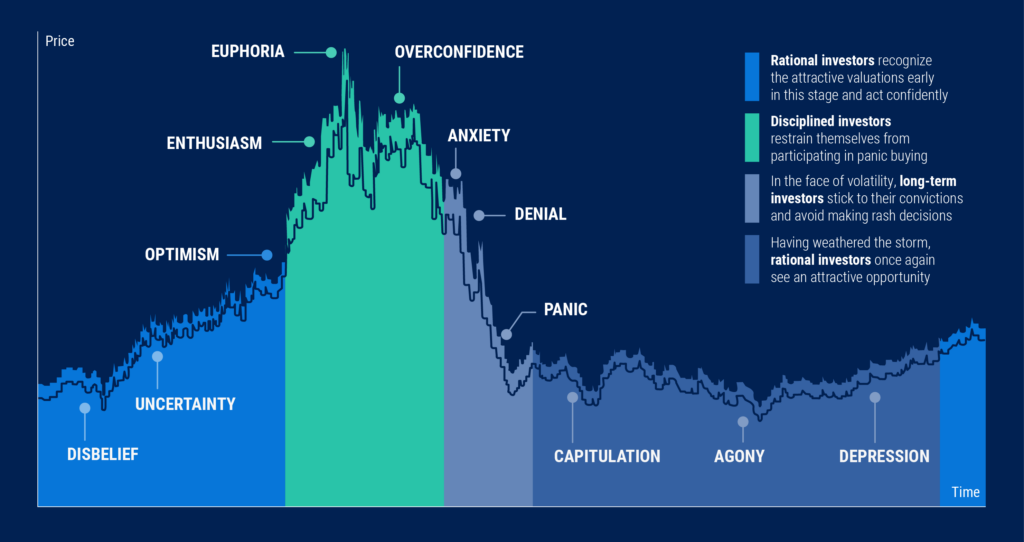As we enter the fall and winter months, a time of reading and reflection for many, I wanted to share some great books from my list so far this year. Specifically, a few of my non-fiction favourites, which I think will make for an interesting read for anyone with interests across business, economics and personal growth.
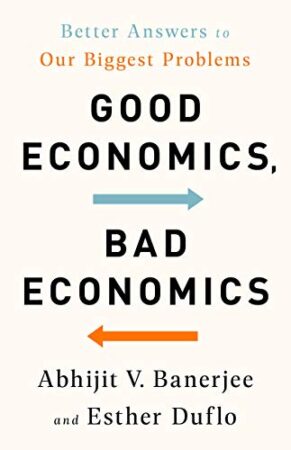
Good Economics for Hard Times by Abhijit V. Banerjee & Esther Duflo
This book reaffirmed a lot of what I already believe: that progress is plural, built by many small, informed steps that compound into lasting, durable growth. While we’re always tempted to focus on risky moonshots, this book reinforces the fact that base hits will always compound higher.
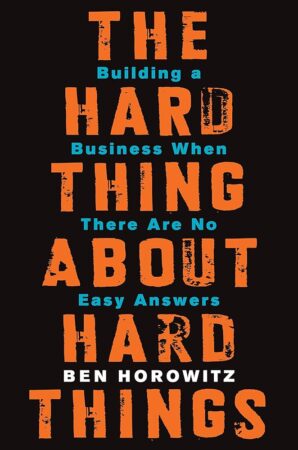
The Hard Thing About Hard Things by Ben Horowitz
This novel is a guide to handling hard things. My takeaways:
- Forget about optimizing for perfection; focus on survival.
- If you don’t frame the narrative, rumour will.
- Cash is oxygen, you don’t realize how vital it is until it’s gone.
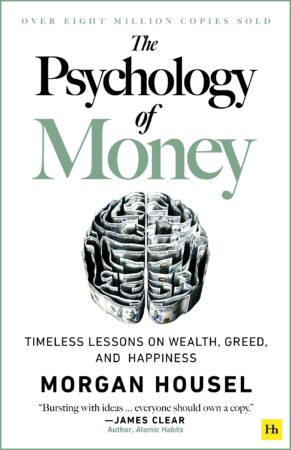
The Psychology of Money by Morgan Housel
This book reframes financial success as a behaviour discipline. Insisting that habits and behaviours will always beat IQ, that boredom beats drama, and that quiet, consistent compounding tends to outperform excitement. With a central message of expect the unexpected, play the long game, and remember that markets humble everyone eventually, this book shows that persistence and consistency are key.
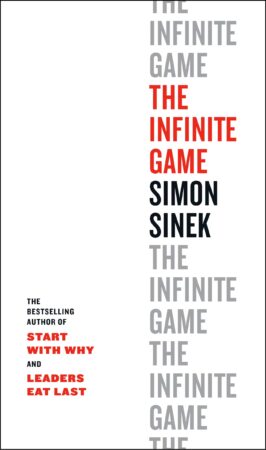
The Infinite Game by Simon Sinek
Sinek encourages leaders to think of themselves as stewards of their organizations for future generations. This truly long-term thinking leads to better, more grounded decision-making, because you can’t “win” a game that has no end. His reminder that flexibility is a strength while discipline serves as a moat reinforces the idea that adaptability is essential for survival, but not at the expense of focus or purpose.
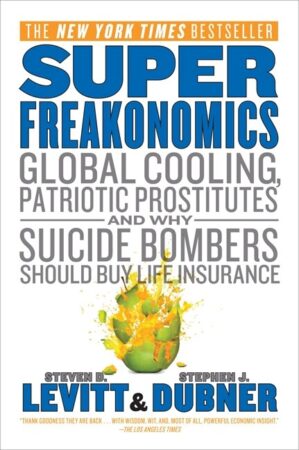
SuperFreakonomics by Steven D. Levitt & Stephen J. Dubner
This book highlights how even well-aligned incentives can lead to unintended consequences. Levitt and Dubner make a strong case that data consistently beats hunches, urging readers to seek evidence to support intuition rather than acting prematurely. Their stories show that progress often comes from habitual tinkering, the steady testing and refining that ultimately leads to breakthroughs.
I would love to hear your thoughts on which of these stood out to you, and if there are any other books I should add to my reading list!


